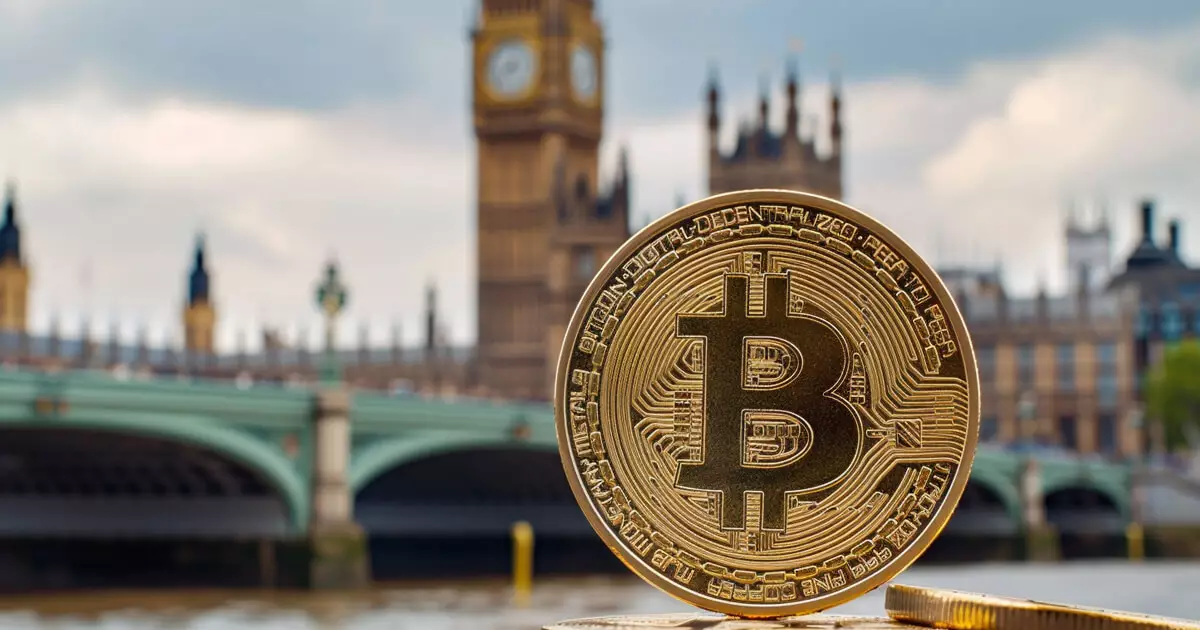The recent introduction of the Property (Digital Assets, etc.) Bill by the Law Commission of the United Kingdom (UK) Parliament has sparked conversations surrounding the legal recognition of digital holdings. This proposed legislation aims to classify crypto, non-fungible tokens (NFTs), and carbon credits as personal property under British law, marking a significant milestone in the legal landscape of the country.
Implications of the Bill
Justice Minister Heidi Alexander emphasized the importance of adapting the law to keep pace with evolving technologies. By providing clarity on complex property cases involving digital assets, the bill seeks to protect owners and companies from fraud and scams while assisting judges in resolving disputed digital holdings or settlements. These enhanced protections are anticipated to attract new crypto companies to the UK, potentially generating a substantial growth of £34 billion in the local legal services industry.
The Law Commission’s report summary acknowledged the unique nature of digital assets within the realm of personal property law. Unlike traditional physical possessions or debts, digital assets fall into a distinct category termed as “things to which personal property rights can relate.” This novel classification enables these assets to be legally owned or transferred, reflecting a shift in legal perspectives in response to technological advancements.
One noteworthy aspect of the bill is the deliberate decision to avoid rigidly defining boundaries for the new category of digital assets. By maintaining flexibility and adaptability, the law can encompass a broader range of digital assets as technology continues to evolve. This forward-thinking approach ensures that the legislation remains relevant and applicable in a rapidly changing digital landscape.
In addition to introducing the new legal category for digital assets, the Law Commission recommended the establishment of a multidisciplinary project to formulate and implement a legal framework that facilitates interactions, operations, and enforcement related to crypto arrangements. This proactive strategy aims to ensure the effectiveness and efficiency of the new legislation in practice.
The Property (Digital Assets, etc.) Bill represents a significant step towards recognizing and regulating digital assets within the UK’s legal framework. By addressing the complexities of digital property rights and providing legal clarity, this legislation paves the way for increased transparency, security, and innovation in the digital asset landscape. As the digital economy continues to expand, the importance of updating and modernizing laws to accommodate these new assets cannot be overstated. The Property Bill sets a precedent for other jurisdictions to follow suit and adapt their legal frameworks to the realities of the digital age.


Leave a Reply